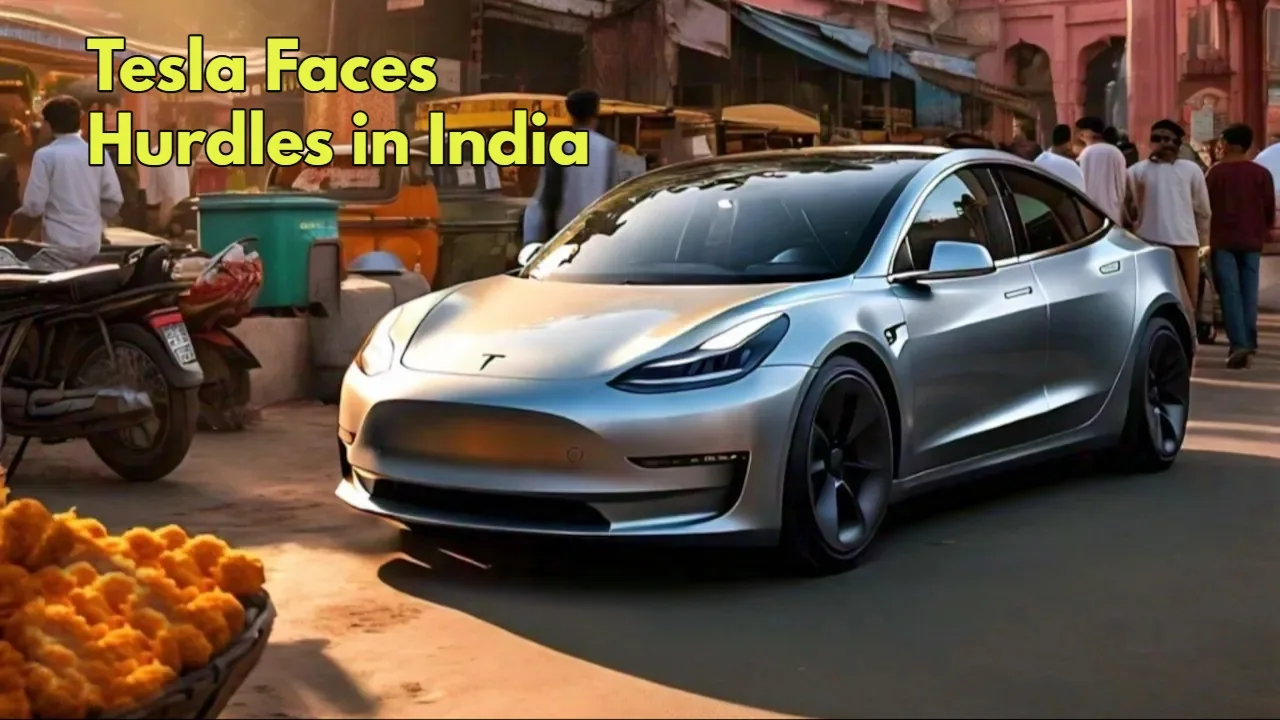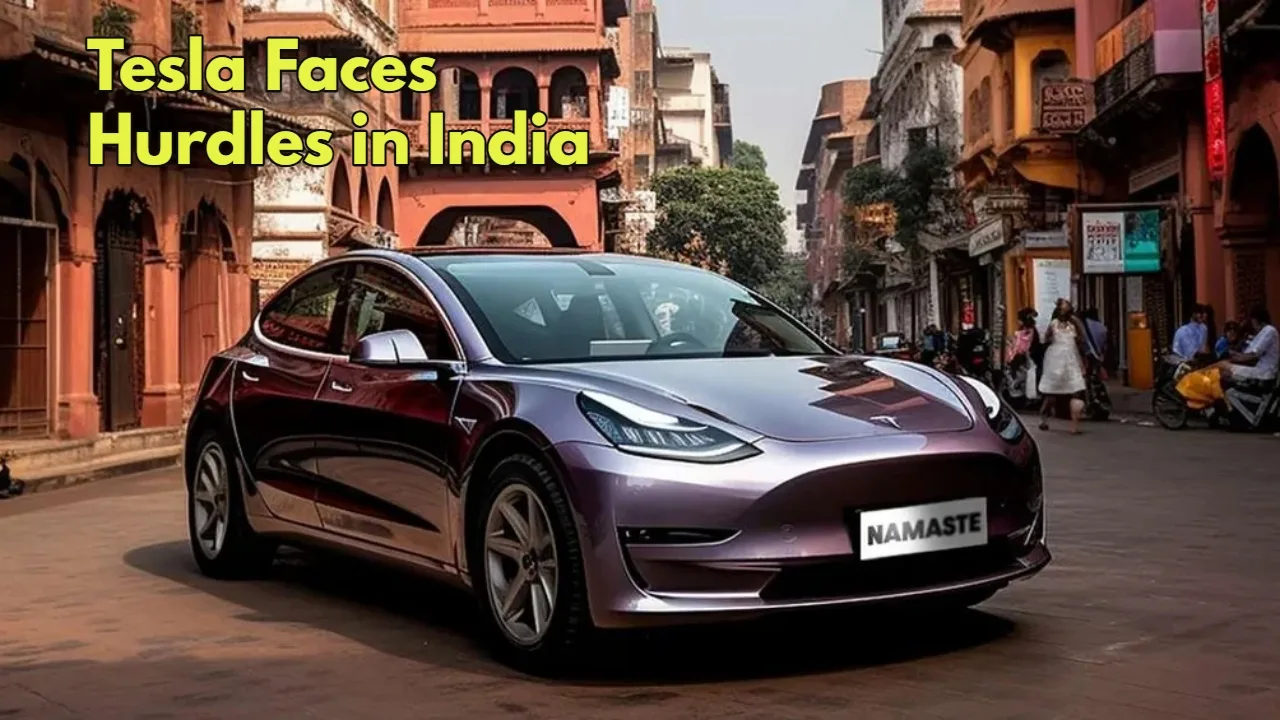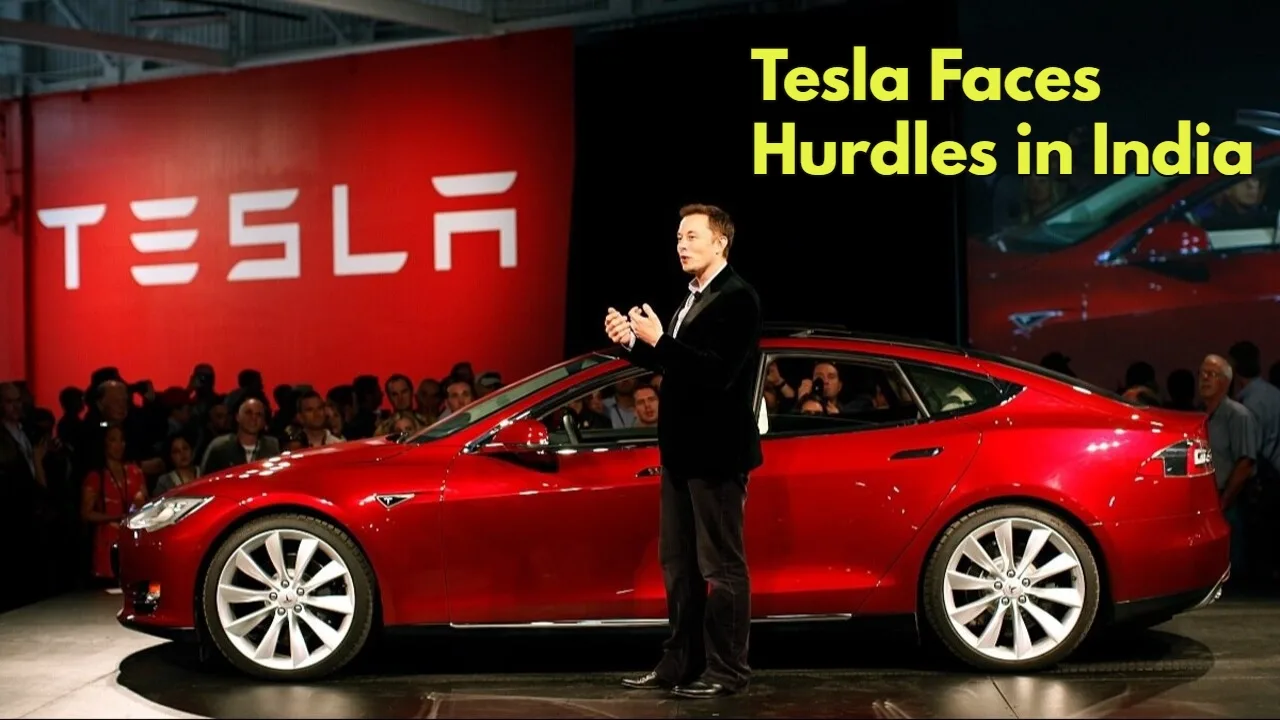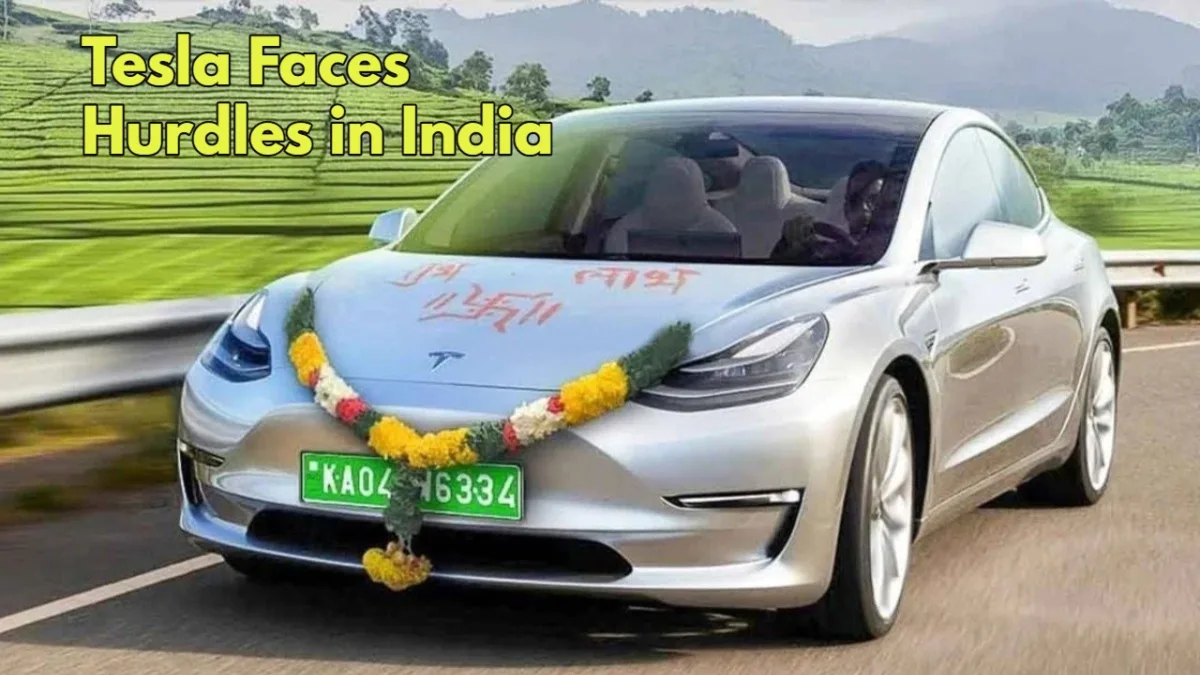India is an emerging market for vehicles. Attracted by the growth of the country’s automobile sector, many big companies in the country and the world are expressing their desire to sell their vehicles in India.
If we talk about recent times, then a big automobile company like Tesla also wants to sell its electric vehicles in India. Tesla tried hard to get permission from the Indian government to sell its electric vehicles in the country, but the company was ultimately disappointed.
On the other hand, despite differences with China, Chinese companies are selling their vehicles in India and are also launching new models year after year. But why are there so many restrictions in India for Tesla, which has made its electric cars famous in the world, and what is the reason for this? Today we are going to tell you about this.

Chinese companies get entry into India
Two main Chinese companies BYD and MG Motor are selling their vehicles in India. BYD sells only fully electric vehicles, while MG also sells electric vehicles with internal combustion engines (ICE). Some models of both companies are being liked by the customers in India.
MG has become a very popular brand due to its SUVs equipped with internet and personal AI assistant technology, while electric cars coming with BYD’s blade battery technology have managed to create their own identity due to their excellent single-charge range, features, and performance.
MG entered the Indian market in the year 2018, while BYD has been present in the domestic market since 2007. Both these companies manufacture and assemble their cars in India itself. Due to its excellent technology and affordable electric vehicles, BYD has become a challenge for Tesla in many markets.
Why is Tesla’s entry into India difficult
The biggest problem for Tesla in India is the government’s new electric vehicle policy, which has been prepared to keep in mind the national interest as well as investment and employment generation in the domestic market.

Let us tell you that under the new EV policy, a company wishing to sell electric vehicles in India will have to invest at least 500 million US dollars, i.e. about Rs 4150 crore in the domestic market. The company has been given 3 years to set up a plant and start sales in India.
At the same time, the company will have to follow 50% DVA i.e. Domestic Value Addition within 5 years. Under this rule, from the 5th year onwards, the company will have to buy 50% of the equipment installed in its vehicles from the domestic market. At the same time, if the company orders knocked-down components (CKD), then it will have to pay a 15 percent import duty. Chinese companies follow this rule in India.
However, Tesla’s planning for selling vehicles in India is different. In the first round of talks with the Indian government, Tesla had said that instead of setting up a plant in the country, it wants to import and sell manufactured vehicles from China. For this reason, the government did not allow Tesla to sell vehicles in India.

Only 8,000 cars will be imported
Under the new rules, now the company can import only 8000 units of electric cars in the country in a year, the total number of which cannot exceed 40,000 units. Apart from this, the company will have to make a bank its guarantor for exemption in customs duty. In case of non-compliance with DVA or minimum investment norms, a bank guarantee will be implemented.
The Indian government has also clearly stated that companies wishing to invest in India will have to follow this policy. The government will not change its policies as per the demand of any EV company.

